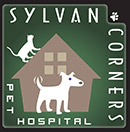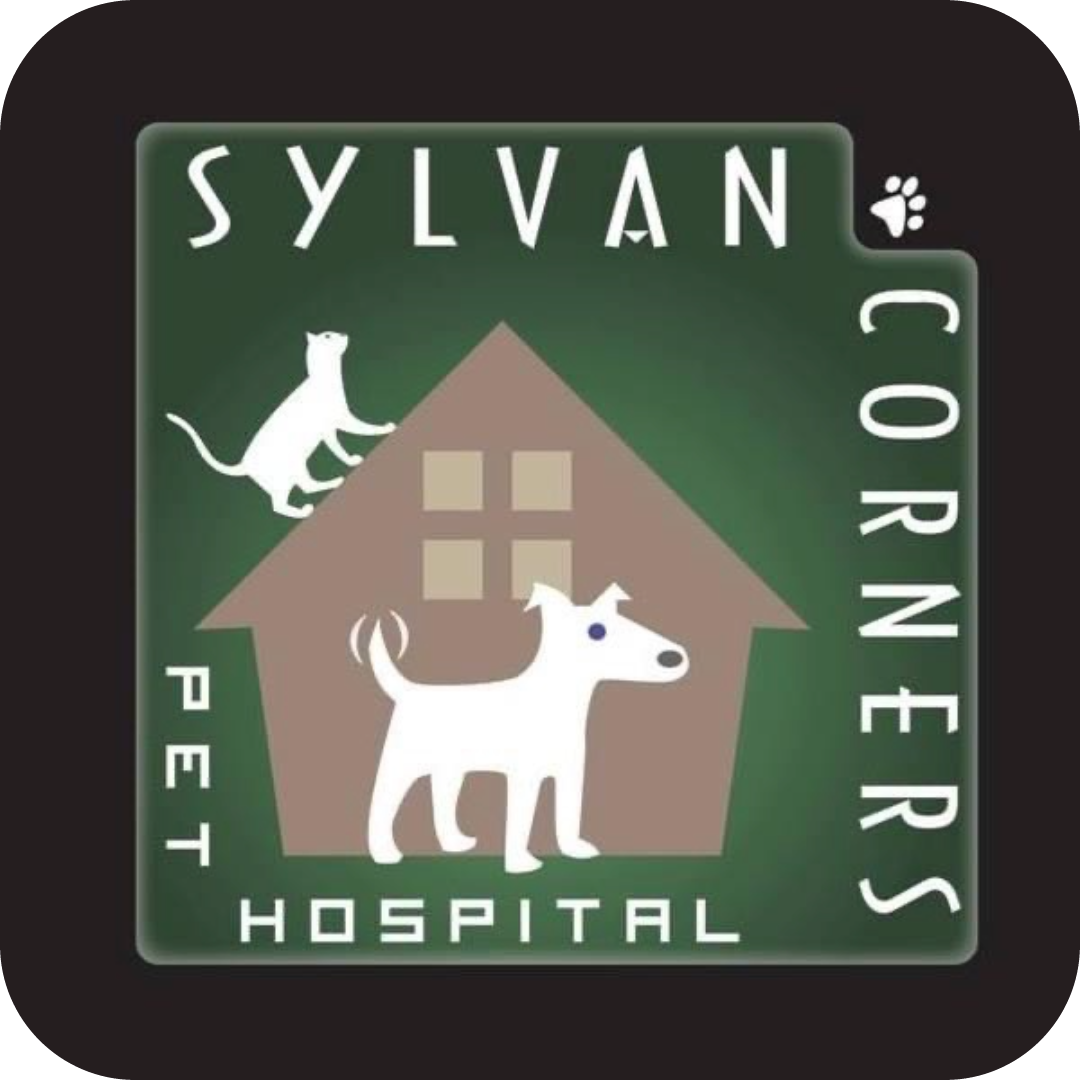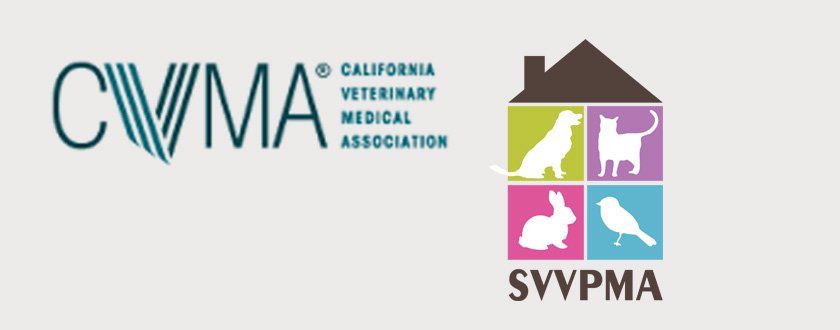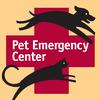Pet Nutrition and Diet
Your pet needs a complete and balanced diet throughout their lifetime. As your dog or cat ages, their nutritional needs change, too. Younger pets need diets to support a more active lifestyle and healthy, growing bones and muscles. Older pets benefit from fewer calories. Appropriate feeding throughout all stages of your pet’s life can prevent diet-associated diseases and can assist in the management of other diseases. Proper nutrients are necessary for every organ system in the body to function properly. Your dog and cat needs fresh water, protein, fats, minerals, vitamins and carbohydrates.
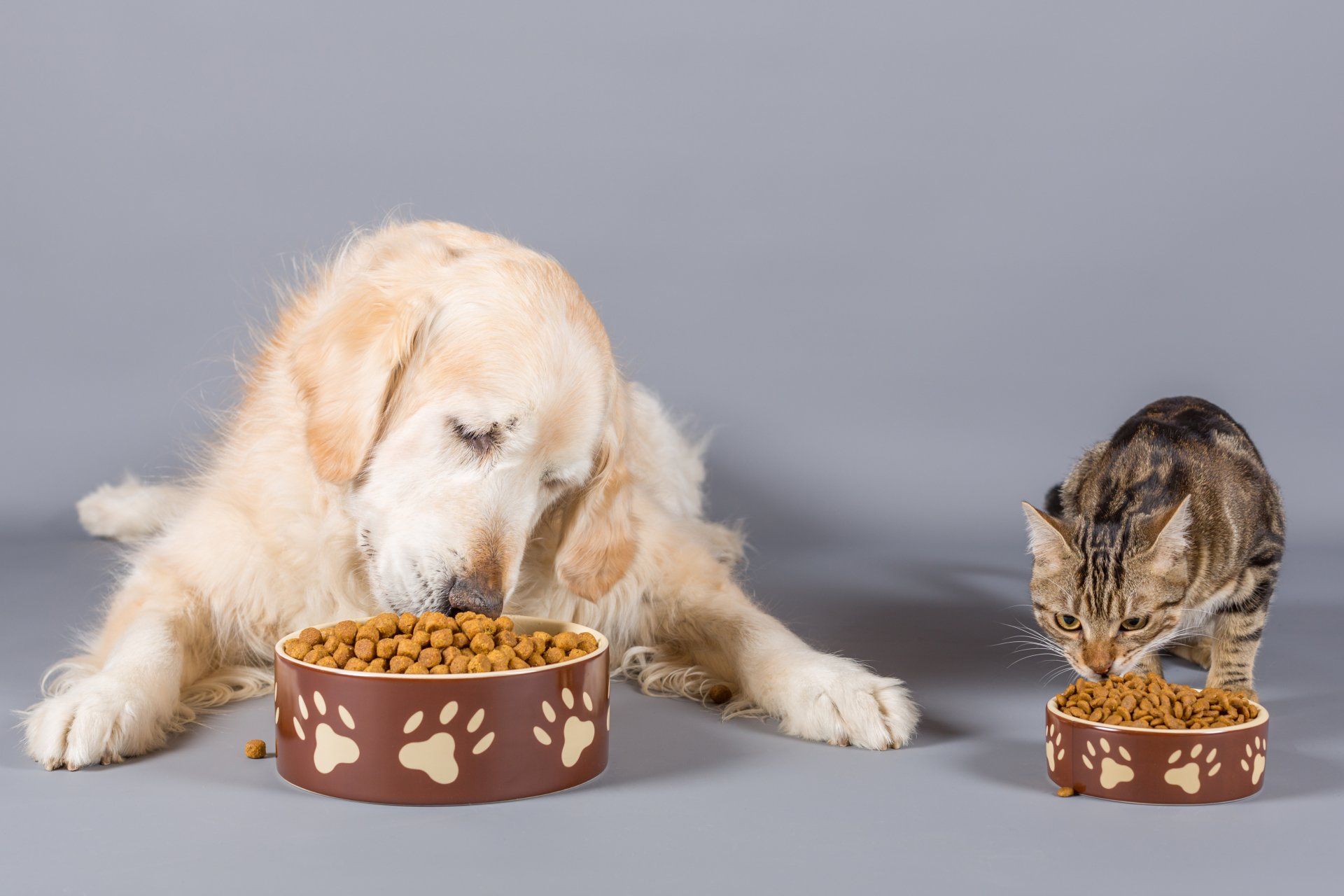
- Protein is a very important part of your pets’ diet, as it is one of the building blocks of life. Proteins come in different qualities and quantities in pet foods. Protein sources may vary.
- Fats are an essential part of your pet’s diet. They are extremely high in energy as compared to carbohydrates. Fats are readily available from both plant and animal products, but it is important to manage your pet’s intake of fats.
- Vitamins and Minerals in appropriate quantities and forms are important for proper digestion and all bodily functions.
- Carbohydrates are also part of the nutritional requirements for your pet. Normal dry pet food contains between 30-70% carbohydrates. In some pets, the surplus energy will be stored as fat and obesity can occur. Take care to provide what is needed to your pet, preferably before weight gain occurs. Cats need relatively small amounts of carbohydrates and larger amounts of protein to maintain optimum weight and health.
A Healthy Weight Is Best For Your Pet's Health!
Maintaining your pet’s ideal body weight will keep your pet healthy and vital and can improve his or her life expectancy. A pet that is overweight or underweight may be experiencing an illness and may be more susceptible to disease and injury. Obesity is a complicating factor in heart conditions, arthritis, liver conditions and other ailments. Many gastrointestinal ailments can be linked to inappropriate diets, and many skin problems have a nutritional component to them.
If you pet is overweight, there are many things you can do to help him get back into shape. Speaking with us is the first place to start. For some pets, feeding a diet formulated for weight loss and carefully selecting lower calories treats can help. Increasing exercise as appropriate for your pet may be helpful. Most often, simply learning the correct volume of food to offer works wonders.
Prescription Pet Foods


We carry Hills
and Purina
therapeutic prescription dog and cat food. We carry therapeutic diets designed to support a variety of health issues, including:
- Early Kidney Disease
- Advanced Kidney Disease
- Cardiac Disease
- Obesity
- Liver Disease
- Diabetes
- Gastrointestinal Disorders
- Geriatric Health
- Urinary Disease
- Bladder Stones
- Food Allergy
- Some forms of cancer
- Some endocrine (hormonal) diseases
We will discuss the various food choices that are best for your pet’s health and body condition with you during your pet’s wellness exam. If you have any questions about the food you are feeding your dog or cat, please give us a call—we will be happy to answer all of your questions!
